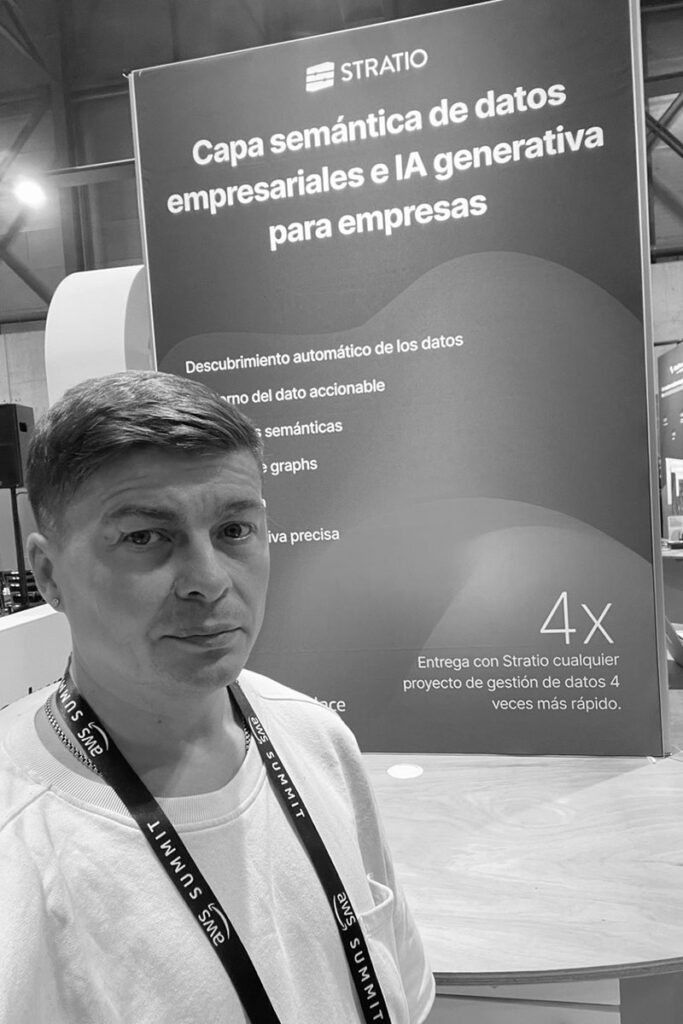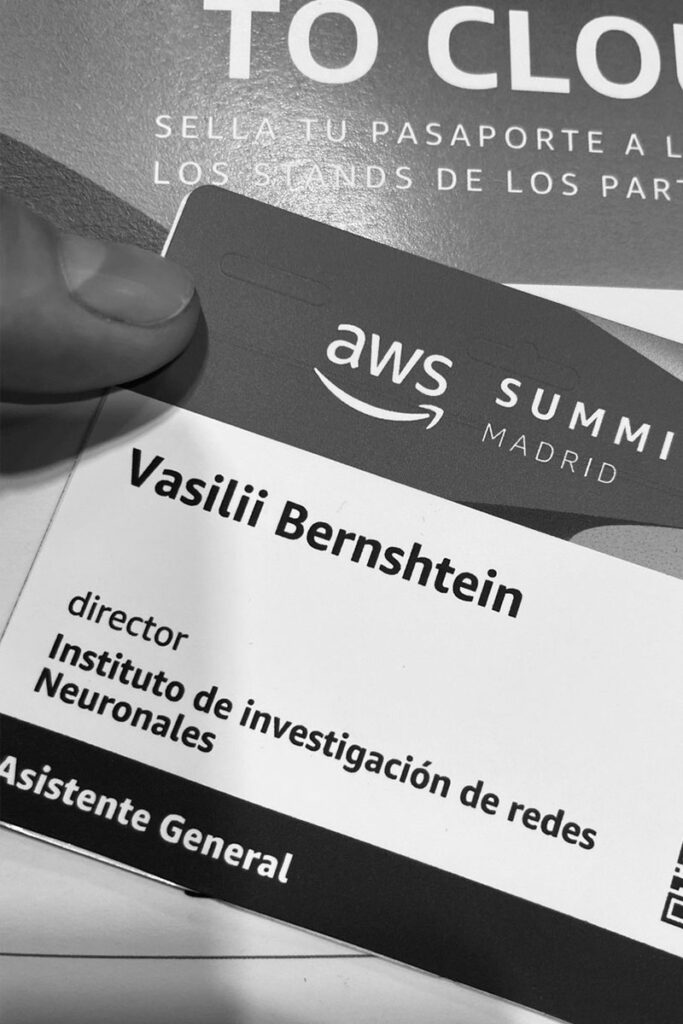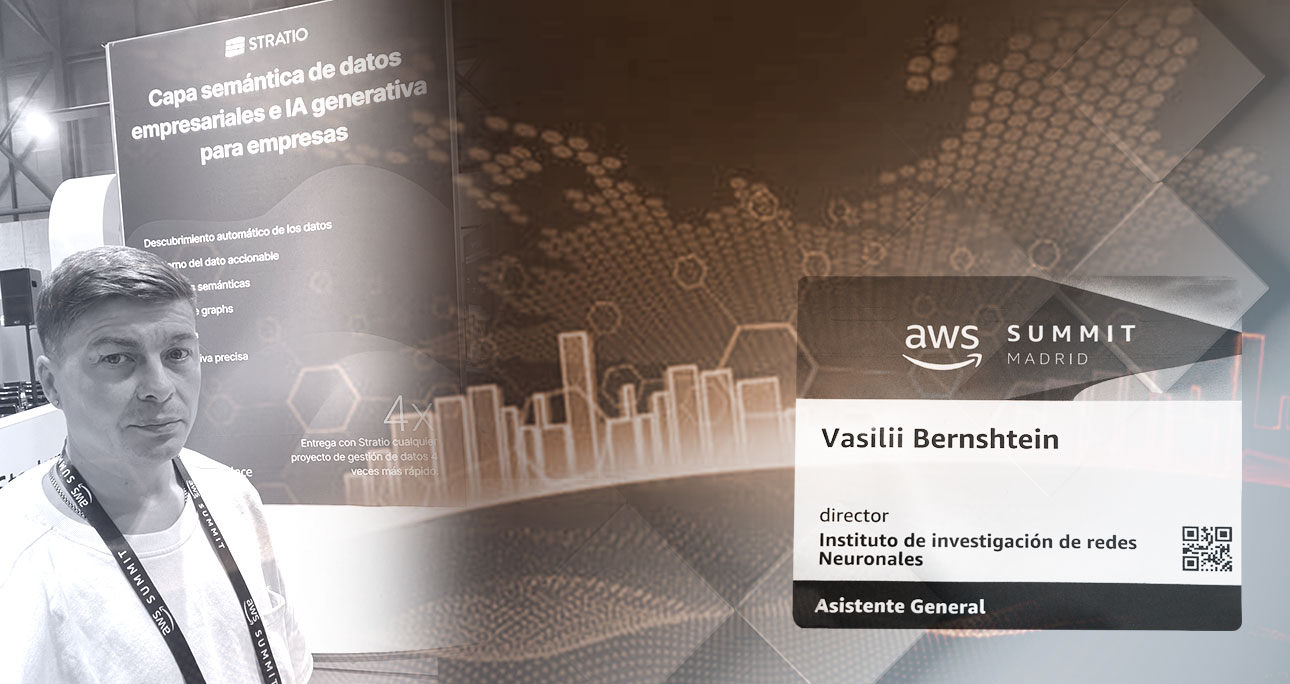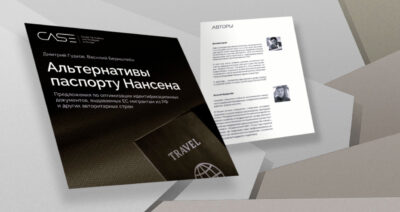Launching a personal startup and securing ENISA validation in Spain
01
Objective
To design, launch, and institutionalise a personal startup in Spain with the parallel goal of successfully passing the expert evaluation by ENISA (Empresa Nacional de Innovación), the state innovation agency under the Spanish Ministry of Economy.
Key objectives:
- Build a competitive digital business model with an innovative core
- Obtain positive ENISA assessment and “innovative entrepreneur” status
- Establish legal grounds for residence permit (residencia para emprendedores)
Additional challenge: operate in a high-competition context where some ENISA categories have approval rates as low as 12–15 %, making validation not just a legal milestone but a valuable marketing asset.
02
Methods and Tools
- Market analysis and audience segmentation via TAM/SAM/SOM methodology
- Full business plan in Spanish (35+ pages with annexes)
- Development of innovative value proposition for SME digitalisation and automation
- Financial modelling: cash flow, investment needs, operational costs, break-even point
- Visualisation of digital prototype (UX/UI interface + algorithm logic)
- Hybrid methodology: Business Model Canvas + Lean Startup + Agile elements
- Market entry scenario modelling and scaling strategies
- End-to-end ENISA support: submission to UGE, project defence, legal argumentation and documentation
03
Timeline
Business model and concept development:
2 months
Documentation and legal preparation:
1 months
Submission and ENISA expert review:
2,5 months
Approval and company launch:
5.5 months from start
04
Areas of Transformation
- Personal migration strategy (relocation, residence permit, legal setup)
- Company creation from zero — from concept to launch
- Intellectual product development at the intersection of consulting, digitalisation, and business automation
Note on ENISA:
ENISA is neither a grant provider nor a conventional fund. It is a state-level expert agency tasked with evaluating innovative entrepreneurship. Its review process is multilayered, focused on scalability, market logic, model resilience, and technological uniqueness. Projects can be rejected even with flawless financials if originality or growth logic is lacking. Passing ENISA is not just a bureaucratic milestone — it is international recognition of entrepreneurial maturity. Vasilii Bernshtein
05
Estimated Budget
Consulting, legal, and financial support:
€ 5 000
Company registration and initial costs:
€ 1 200
MVP and prototype development:
€ 2 500
Additional costs (translations, apostilles, logistics):
€ ~800
Total pre-operational budget:
€ 9 500
06
Scope
- One founder + external contractors for MVP, design and legal work
- Project target audience: 200,000+ potential clients in Spain (freelancers, microbusinesses)
- Planned scaling geography: EU and Latin America
- Platform-based solution with potential SaaS business model
07
Impact
- ENISA approval received on first attempt, without revisions
- Company legally established, innovative status confirmed
- Residence permit secured as an innovative entrepreneur
- First version of the platform launched and piloted with test users
- Case became a powerful expert positioning tool in both Spanish and international markets — proof-of-concept not only for the product, but for the founder’s professional capacity


Conclusion:
This case demonstrates how, even in a highly competitive and migration-restricted environment, it is possible to build not just a startup, but a robust, multi-layered digital ecosystem aligned with Spain’s innovation policy. ENISA approval is a legal, entrepreneurial, and reputational success — a strong foundation for scaling, investment, and professional recognition in the European business landscape.




